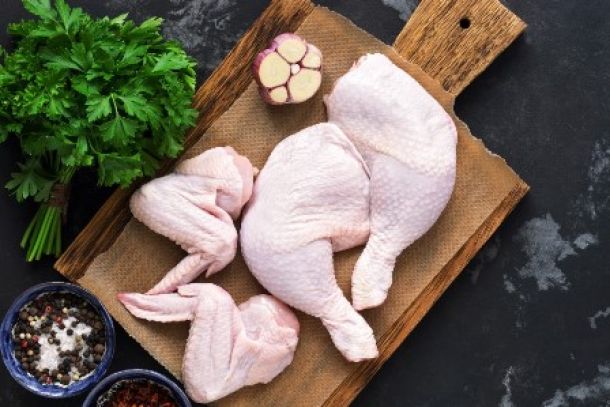Lockdown price hikes: Eggs cost 19% more, and tea, dishwashing liquid much pricier
The prices of eggs, tea and coffee have rocketed during the first three weeks of lockdown, new data from Statistics South Africa shows.
Since the start of the lockdown on 27 March, Stats SA has been measuring price changes on essential products. Looking at a basket of these goods, the agency found that prices rose on average by 0.3% in the first three weeks of lockdown (until the end of 16 April).
Government introduced price controls on "basic food and consumer items" at the start of lockdown: sellers who hike prices of these goods by more than input cost increases could face big fines and jail-time.
Still, there were big price increases in some food products – particularly eggs, which became 19% more expensive in three weeks.
Eggs have been in hot demand during lockdown, as South Africans turned to baking and preparing their own food. One producer saw a 60% increase in the sale of its eggs, and producers are struggling to keep up with demand, Farmer’s Weekly reported. Household demand more than made up for the lack of purchases from restaurants, which are closed during lockdown.
Eggs are considered a basic food product, and are subject to the new price control regulations, Sipho Ngwema, head of communication at the Competition Commission, confirmed to Business Insider.
Tea saw a massive 7% price increase in the first three weeks of lockdown, while instant coffee cost 2.8% more. But rooibos tea prices fell by almost 5%,
While the average price of beef mince rose by more than 7%, chicken prices fell. On average, meat prices rose by 0.7%.
White and brown bread prices increased by 1.9% and 1,8% respectively.
Fruit and vegetable prices – which are typically highly volatile, Stats SA says – decreased by 9,6% and 2,9% respectively.
Prices of personal care products fell during lockdown, with prices of shampoo (-7%), bath soap (-5%) and tissues (-2.5%) all lower.
But there was a 4.4% increase in the price of dishwashing liquid, Stats SA reports.
News Category
- International retailers
- On the move
- Awards and achievements
- Legislation
- Wine and liquor
- Africa
- Going green
- Supplier news
- Research tools
- Retailer trading results
- Supply chain
- Innovation and technology
- Economic factors
- Crime and security
- Store Openings
- Marketing and Promotions
- Social Responsibility
- Brand Press Office
Related Articles

South Africans to expect big petrol price cuts

Confirmed: Petrol, diesel price cuts on Wednesday

SA poultry industry calls for targeted chicken ...

Empowering South African households through gro...


